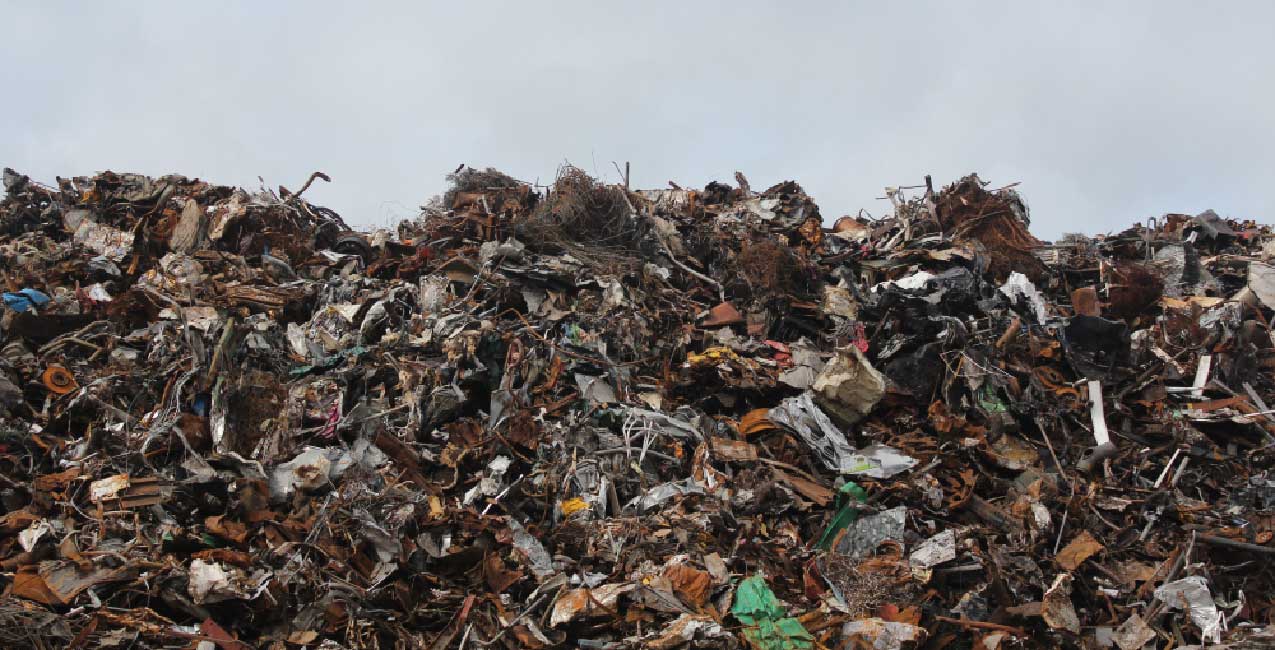- Empty cart.
- Continue Shopping
Plastic ban in India

In light of the recent Plastic Ban in Madhya Pradesh, it is interesting, perhaps, to note a hike in this particular area in India- the amount of plastic waste we generate; which eventually results in a series of negative consequences. The packaging of Plastic is the main plastic product worldwide (97 million tons/year – 37% of plastic generated). In the aftermath of understanding it disadvantages, many governments in the world have banned the use of plastic, in some or the other way, if not completely. Manufacturing of Plastic uses a lot of non-renewable resources and polymers like crude oil. It is to nobody’s surprise that at this rate of consumption, it is radically destructive for the environment. In India, several states have actively taken steps against the use of plastic.
- Sikkim became India’s first fully organic state in 2016. It not only banned the use of packaged drinking water bottles in government meetings/functions, but it also went ahead and banned food containers made from polystyrene foam in the entire state.
- Himachal Pradesh became the first state to ban plastic bags less than 30 µm.
- Karnataka became the first state to ban all forms of plastic irrespective of its thickness. From plastic carry bags to plastic spoons, everything was banned.
- Goa has banned bags up to 40 µm thick.
- In 2010, Rajasthan banned the use of plastic bags, in order to become a “plastic carry bag-free zone”
- Mumbai banned bags below a minimum thickness to 50 µm.
And now with Madhya Pradesh banning plastic, other states like Assam are also considering banning polythene in Guwahati as its top priority. This is great news, isn’t it?
Ultimately, our dependence on plastic and it’s different forms is seldom talked about in tangible terms and that makes it difficult. Whilst understanding issues and finding feasible solutions for the same, it’s also extremely necessary to discuss the sustainable utility of plastic and plastic products for future generations. The Great Pacific Garbage Patch which is a collection of marine debris, mostly plastics – spanning close to 800,000 sq.km in the middle of the pacific ocean is an excellent example of what plastic is doing to our environment without an inch of warning. Morally speaking, ingestion and entanglement of other animals and organisms, when they come in contact with plastic waste, are a few of the most worrisome issues humankind is currently facing. The banning of plastic bags may not be the salvation of the environment, but it could be a useful way to begin reducing the waste we have accumulated over time.
Nevertheless, it can be justly argued that imposing a ban on plastic goods is a refractory move. Plastic packaging – particularly the polyethylene bag – which is an active contributor of landfill waste and is actively eaten by various marine and land creatures, that lead to lethal results. Manufactured plastic is not biodegraded. It just sits and collects in landfills or dirties the earth. In the form of primary and secondary waste matter, uncontrollable amounts of plastic residue are being generated on a daily basis. The MP government cited “death of cows” as the main reason behind banning polythene bags. It is also important to note that the modalities of the plan are yet to be chalked out.
Most of the times, poor implementation is the reason for the bans not being effective. For instance, small roadside shop proprietors keep on using plastic regardless of the National Green Tribunal (NGT) restriction on expandable plastic glasses in Delhi NCR. The boycott was expected to handle the environmental harm being brought on by plastics. One of the significant reasons why the boycott is inadequate till date is that the Delhi Government has not yet passed any law or rules with respect to plastic boycott. Most shopkeepers were not even notified about the restriction, which goes on to highlight the fault in our intentions and outcomes due to poor strategies and enforcements.
The success of the ideas also lies at the base of fair and just administration of initiatives. Partial implementation is a wrong move-conveniently exempting powerful people from following a rule is nothing but setting an extremely wrong example for the majority of the country’s citizens.
As an aware and responsible citizen, it is ideal to contribute to the betterment of one’s immediate environment as and up to whatever extent is possible. Small steps like utilizing the reusable bags while shopping rather than the single use packs that are provided in-store, decreasing the utilization of single-use drinking containers by using refillable drink jugs and holders instead. At the same time, recycling is the need of the hour-watch out for plastic bags recycling stations outside general stores, and reuse your plastic bags. It is very vital to realize that steps from the government go only as further and are rendered useless without equal and optimum public support. The effectiveness is indispensable when the government and the public work towards the same goal.
Defense cantonments across the country have been plastic-free for many years. This ban has proved fruitful because of both the imposition of strict rules around plastic and the compliance of these rules by the defense forces.
No shops in Jodhpur carry plastic bags! Shopkeepers hve unanimously understood the harm of plastic and give our cotton bags made of scrap. While these are not reusable because of the low quality, it is an amazing example of how implementation really depends on whether the citizens embrace it.
A little determination and discipline go a long way in saving our environment. The durability of plastics and their potential for diverse applications, including widespread use of disposable items, were anticipated, however, the issues related to waste administration and plastic garbage was most certainly not. It is important to synthesize our current understanding of the benefits and concerns surrounding the use of plastics and be on a constant lookout for challenges, opportunities, and priorities for the future.
——————————————————————————————————————————–
This post has been written by Anshul Mishra – Co-founder at The Creative Key, you can either find Anshul creating minimalistic design for his clients or wandering in the streets gobbling aaloo sandwich and cold coffee. Let’s not forget he has immense love for the environment, and can go to extreme lengths to make a difference.






